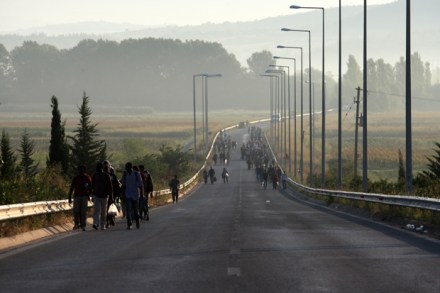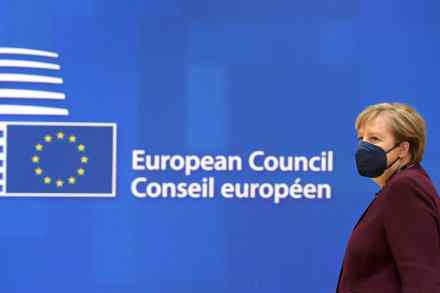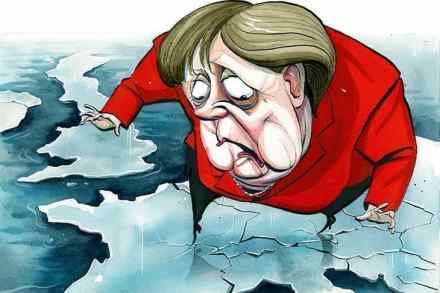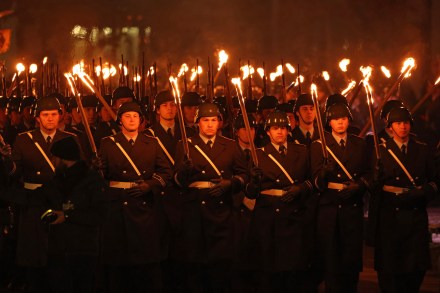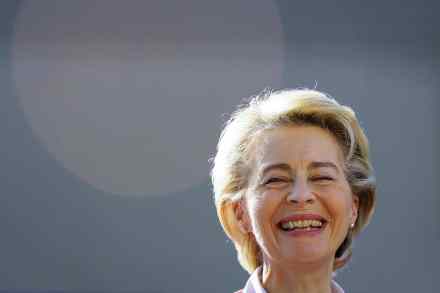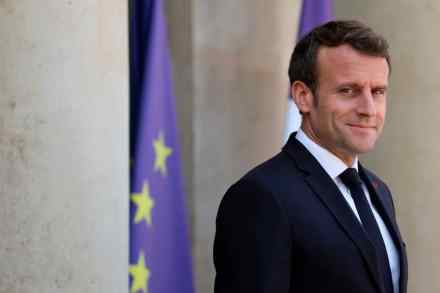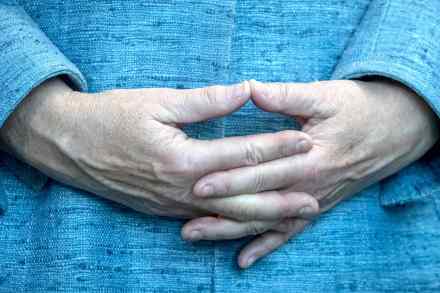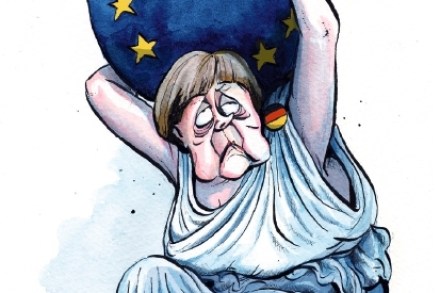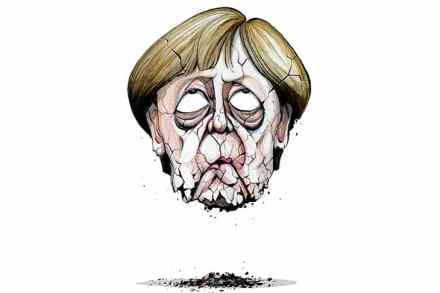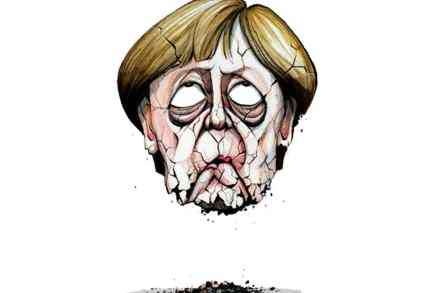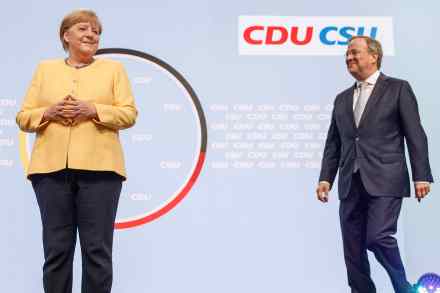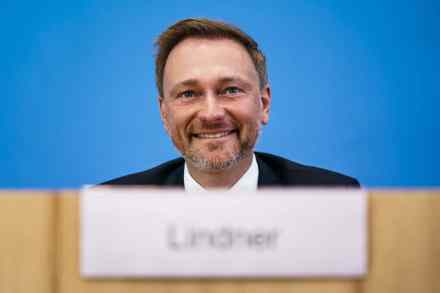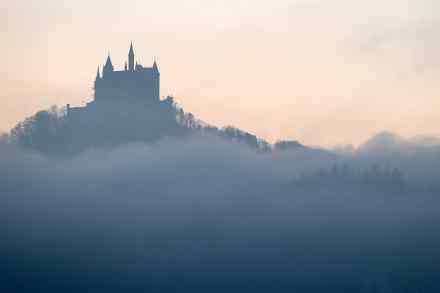The fifth wave could break Macron
The fifth Covid wave has started in Europe. Some governments are already imposing lockdowns and wage cuts for the unvaccinated as hospitals are filling up. Mass protests against restrictions are popping up, some peaceful like in Austria, others turning violent like in the Netherlands and Belgium. A nationwide lockdown in Germany is unlikely, but local lockdowns may happen if hospitalisation rates continue to shoot up. Some patients in Bavaria have already been sent to Italian hospitals due to under-capacity, a reversal of what happened in the first wave. France is still counting on getting through the fifth wave with no restrictions. With only five months to go before the presidential




